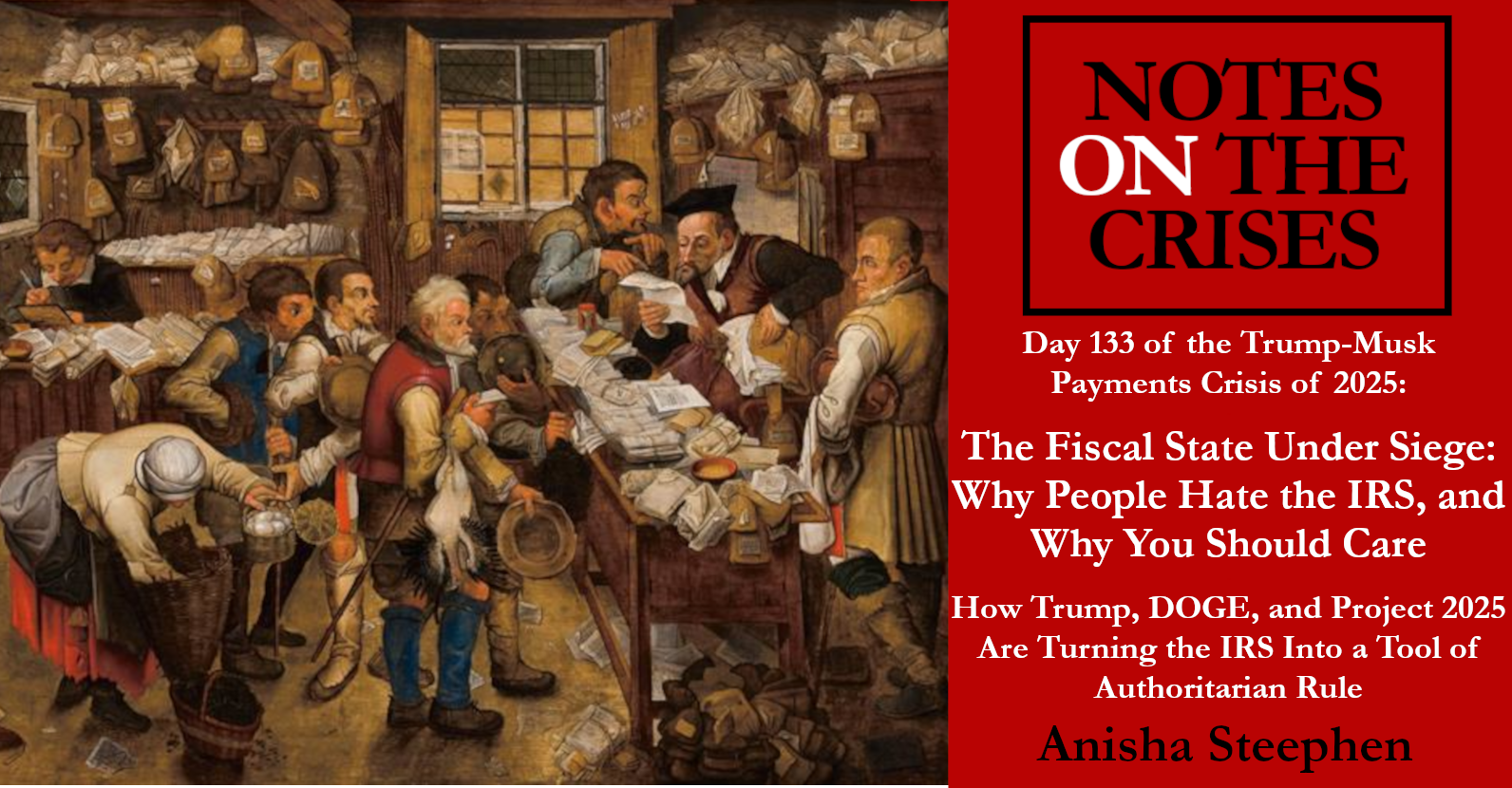I am just old enough to remember watching the tall ships sail down the Hudson River on Independence Day in 1976. My parents hosted a huge party for their friends and family to look out from the high windows of our apartment on Riverside Park and the river beyond. I alternated between eating slices from an enormous six-foot hoagie my parents had ordered and watching ship after ship sail by. My memory mixes up the sight of sails and the taste of salami.
I remember a spectacle, and I remember a host of people coming together to enjoy it. I remember the small, personal delight of racing from the dining room table with the hoagie to the window and back again. I remember the ships, proceeding by stately fathoms, with the Palisades of New Jersey behind. I remember my country’s 200th birthday—not as a solemn public event, but as something bound up with the happiness of family and friends, and with the individual joy of a small boy shuttling from gulping food to gaping at the masted vessels out of a storybook.
We have been too slow off the mark in preparing to celebrate America’s 250th birthday. It didn’t help that too many people in positions of power were at best indifferent to our country and have procrastinated celebrating its birth. Now we have leaders who love our country and want to hold a dazzling party for America in 2026.





